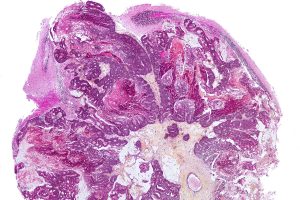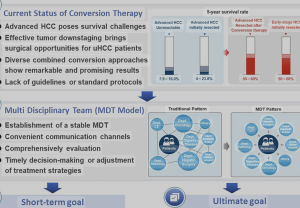In a retrospective observational cohort Martín‑Abreu et al. from the Hospital Universitario de Canarias published in the journal Cancers (Basel) to evaluate whether exposure to antiplatelet therapy reduces the incidence and delays the onset of brain metastases in patients with non‑small cell lung cancer (NSCLC). Use of antiplatelet agents—mainly aspirin—was associated with a significantly reduced incidence of brain metastases (6.9% vs. 20.0%), longer metastasis‑free interval (77.5 vs. 62.6 months), improved Progression-Free Survival, and no cases of brain metastasis among those initiating therapy post‑diagnosis 1).
Critical Review
* Strengths:
-
Large sample size (n=650) over 4 years—impressive real‑world data.
-
Statistically significant findings with p<0.001 for key outcomes.
-
Stage‑stratified analysis adds biological plausibility.
* Weaknesses/Limitations:
-
Retrospective design limits causal inference—confounding by indication is possible; patients on antiplatelet therapy were older with more comorbidities, thus inherently different.

